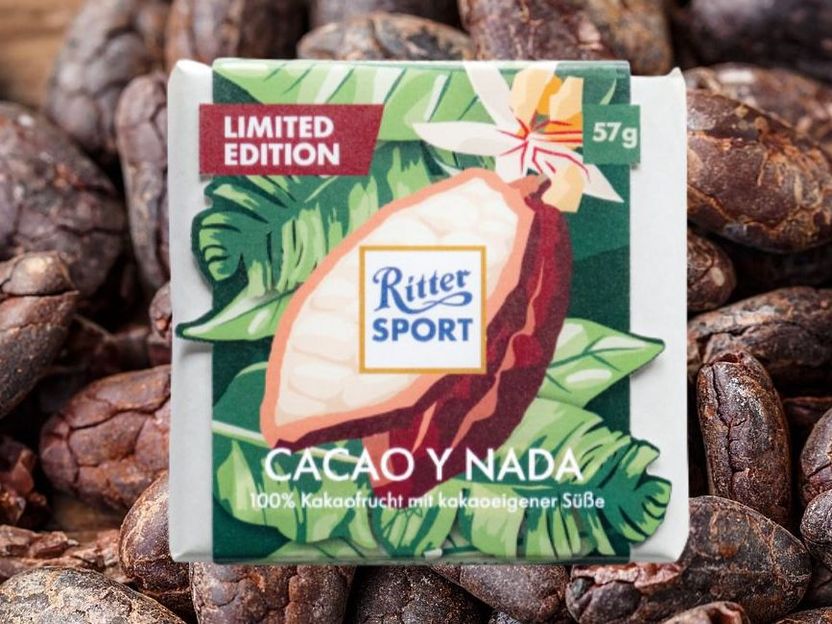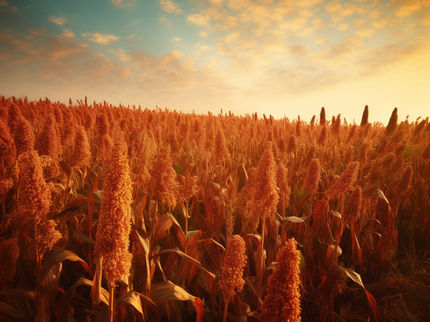Hot nights confuse circadian clocks in rice, hurting crop yields
Rising nighttime temperatures are curbing crop yields for rice, and new research moves us closer to understanding why. The study found that warmer nights alter the rice plant's biological schedule, with hundreds of genes being expressed earlier than usual, while hundreds of other genes are being expressed later than usual.
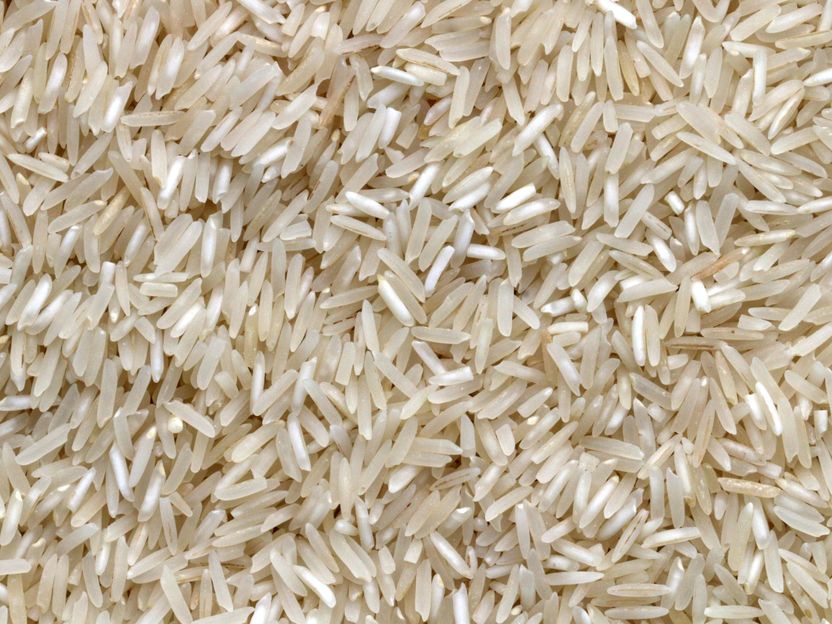
Photo by Pierre Bamin on Unsplash
"Essentially, we found that warmer nights throw the rice plant's internal clock out of whack," says Colleen Doherty, an associate professor of biochemistry at North Carolina State University and corresponding author of a paper on the work.
"Most people think plants aren't dynamic, but they are. Plants are constantly regulating their biological processes - gearing up for photosynthesis just before dawn, winding that down in the late afternoon, determining precisely how and where to burn their energy resources. Plants are busy, it's just difficult to observe all that activity from the outside."
And what researchers have learned is that the clock responsible for regulating all of that activity gets messed up when the nights get hotter relative to the days.
"We already knew that climate change is leading to increased temperatures globally, and that nighttime temperatures are rising faster than daytime temperatures," Doherty says. "We also knew that warmer nights hurt rice production. But until now, we had very little insight into why warmer nights are bad for rice.
"We still don't know all the details, but we're narrowing down where to look."
Research that addresses rice yield losses is important because rice is an essential crop for feeding hundreds of millions of people each year - and because a changing climate poses challenges for global food security.
To better understand how warm nights affects rice, Doherty worked with an international team of researchers - including Krishna Jagadish of Kansas State University and Lovely Lawas of the International Rice Research Institute - to study the problem in the field. The researchers established two study sites in the Philippines. Temperatures were manipulated in different areas of each study site using either ceramic heaters or heat tents.
A research team led by Jagadish used the ceramic heaters to maintain experimental plots at 2 degrees Celsius above the ambient temperature, and took samples from the rice plants every three hours for 24 hours. Control plots were not heated, but were also sampled every three hours during the same 24-hour period. These tests were repeated four times. The heat tents were later used to validate the results from the ceramic heater tests.
Meanwhile, a team led by Doherty found that more than a thousand genes were being expressed at the "wrong" time when nighttime temperatures were higher. Specifically, hotter nights resulted in hundreds of genes - including many associated with photosynthesis - becoming active later in the day. Meanwhile, hundreds of other genes were becoming active much earlier in the evening than normal, disrupting the finely tuned timing necessary for optimal yield.
"It's not clear what all of these genes do, but it is clear that these conflicting schedule shifts are not good for the plant," Doherty says.
The researchers found that many of the affected genes are regulated by 24 other genes, called transcription factors. Of those 24, four of the transcription factors were deemed most promising for future study.
"We need to do additional work to figure out exactly what's happening here, so that we can begin breeding rice that's resilient against warmer nights," Doherty says. "Rice is an important food crop. And other staple crops are also affected by hotter nights - including wheat. This isn't just an interesting scientific question, it's a global food security issue."
Original publication
Other news from the department science

Get the food & beverage industry in your inbox
By submitting this form you agree that LUMITOS AG will send you the newsletter(s) selected above by email. Your data will not be passed on to third parties. Your data will be stored and processed in accordance with our data protection regulations. LUMITOS may contact you by email for the purpose of advertising or market and opinion surveys. You can revoke your consent at any time without giving reasons to LUMITOS AG, Ernst-Augustin-Str. 2, 12489 Berlin, Germany or by e-mail at revoke@lumitos.com with effect for the future. In addition, each email contains a link to unsubscribe from the corresponding newsletter.
Most read news
More news from our other portals
Last viewed contents

Plant Based Foods Association announces three new board members - Representatives from Impossible Foods, Something Better Foods, and No Evil Foods bring new perspective and energy to PBFA board

How limiting new fast-food outlets may reduce childhood obesity
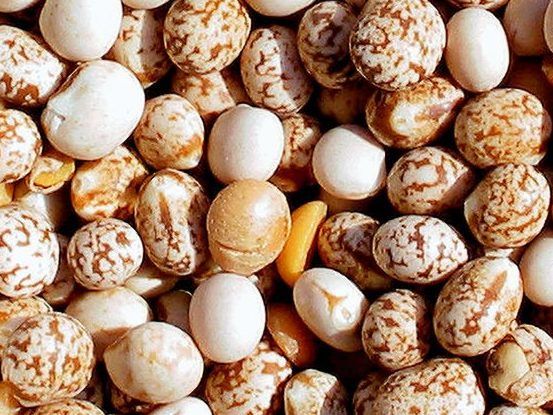
Create a novel plant-based protein from Australian sweet lupins - Curtin and Wide Open Agriculture unite to commercialise lupin technology

Shrimp from Finding Nemo could help keep your white bread white - Ben-Gurion University researchers discover new principle in optics

Robots are taking over jobs, but not at the rate you might think

Probiotics in Beer? 3 Fresh Discoveries to Enjoy This Oktoberfest - New research reveals flavor secrets, bitterness control, and probiotic possibilities in beer.
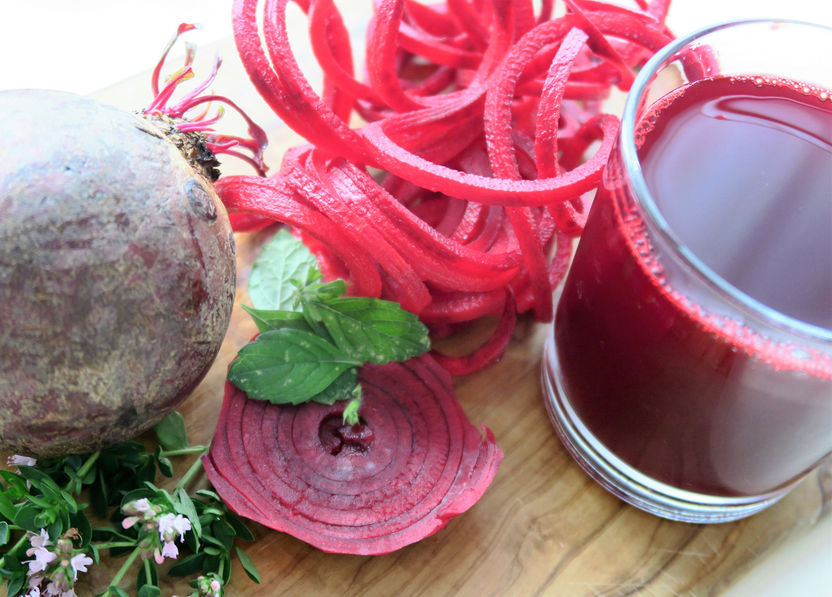
Rediscovered: Beetroot – power root brings colour to the superfoods - Manufacturers are increasingly turning to beetroot – creative product ideas
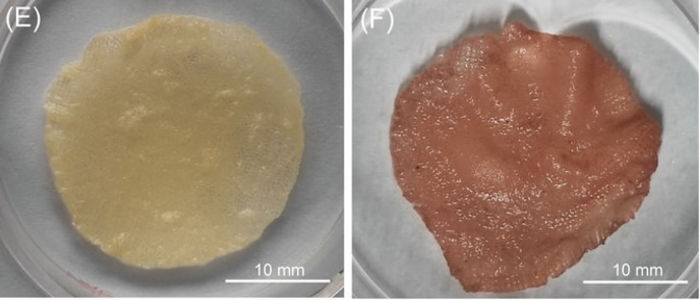
New 3D-printing ink could make cultured meat more cost-effective - Researchers have found a way to use food waste for culturing meat, reducing production costs and helping to make cultured meat a viable option for feeding the world’s population.
